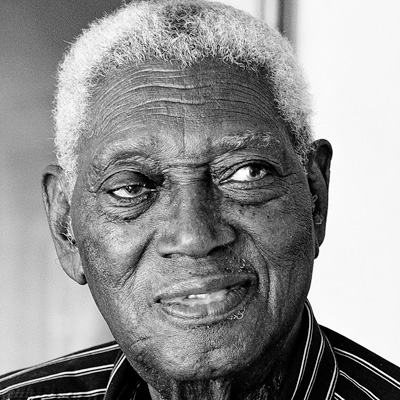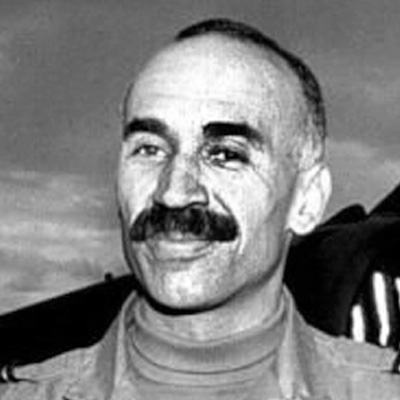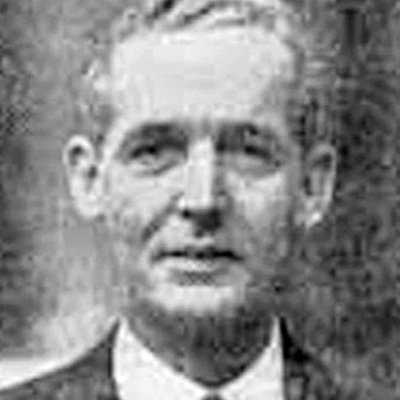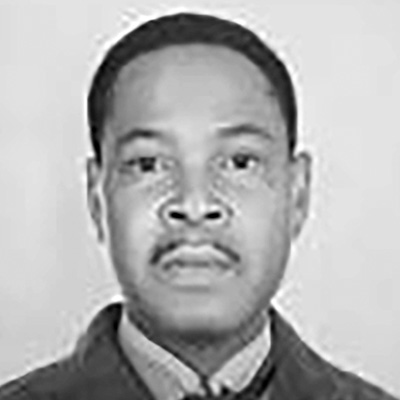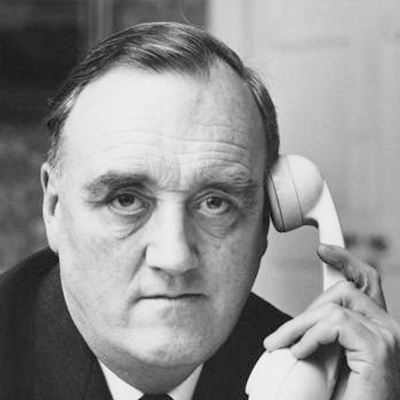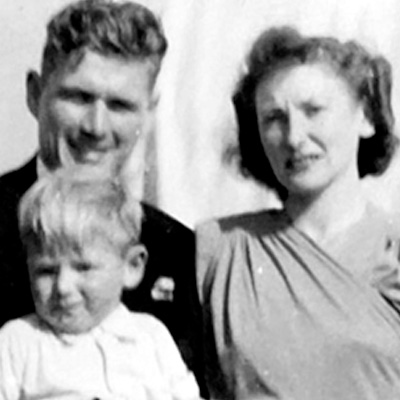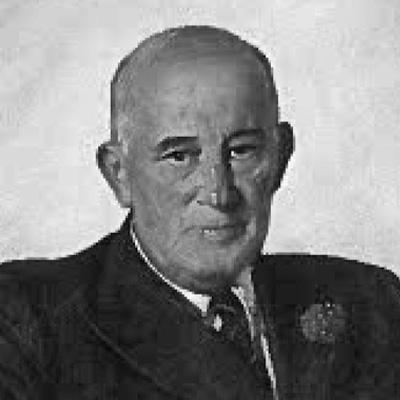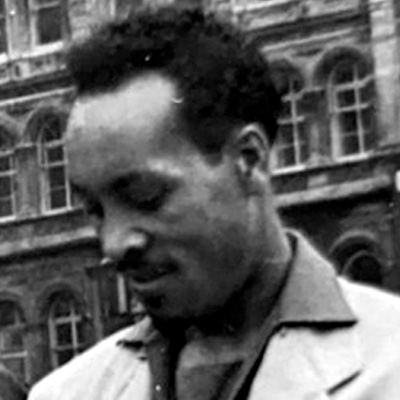LORRAINE ROCHESTER
PIONEERS
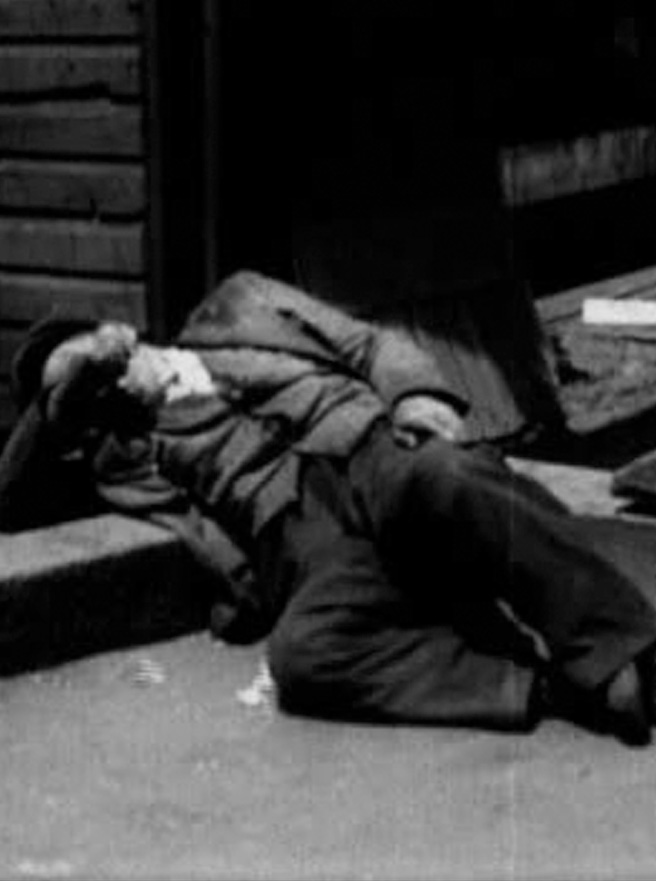
‘Stowing away was the only solution for a failed settler’
1929 -
Share this:
Born Lorraine Earl Rochester on October 5, 1929, in Paisley Road, Kingston, he was the son of Joseph Rochester, a corporal with the Water police, and Audrie, née Tucker. The Windrush passenger list showed him as a clerk who intended to remain in England permanently, although no address was indicated.
Life in England proved difficult from the start. Lorraine would later recount that after almost nine months in the country, he managed to obtain only three weeks and two days of employment. He was often homeless, cold, and starving. The lowest point came on New Year’s Day 1949 when he had to sleep in the snow on Waterloo Bridge and went without food for days, sheltering in bombed-out buildings.
Lorraine begged the British authorities to provide funds to allow him to be repatriated but was refused. He felt he had no option but to stow away on board the MV Jamaica Producer, which was sailing for Jamaica on March 18, 1949. He was joined by two other young men, Edmund Hudson and Michael Elliott, who had both come to England from the West Indies on the SS Almanzora in 1947.
Detection was almost inevitable and, two days into the journey, the three stowaways were apprehended. They wrote a letter to the ship’s captain admitting their guilt but begging for mercy. “We were desperately destitute in England and many times sought the assistance of the Colonial Office at Westminster in London in regard to returning home, only to be told over and over that they could offer us no assistance in that direction.”
The letter added: “It was plain to us, Sir, that our future was at stake, employment in our sphere was as good as impossible, housing accommodation became extensively acute, and what was most unbearable, Sir, was our having to go without food for extraordinarily long periods.”
Despite their entreaties, the men were duly brought before the courts in Kingston where they pleaded guilty and were given the choice of a £3 fine (about £90 today) or 21 days hard labour. Having no cash, they likely opted for the latter.
The men’s plight was reported in The Gleaner on March 30, 1949, in a story comparing the men in their passport photos – “nattily dressed and youthful”– with their existing appearance– “looking old and dirty with long untidy beards and heads not having seen the barber for some time”.
Lorraine’s conviction did not hamper his job prospects in Jamaica and he obtained work with the Kingston and St Andrew Municipal Corporation. By 1955, he was the Assistant Inspector of Poor. His own experience of poverty and despair would have made it the perfect job for him.
Share this:

